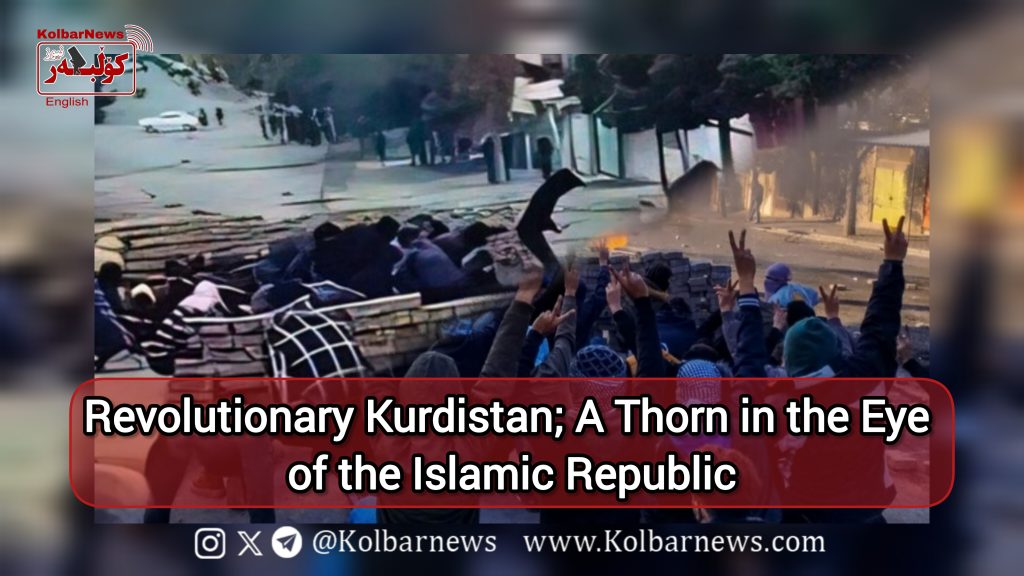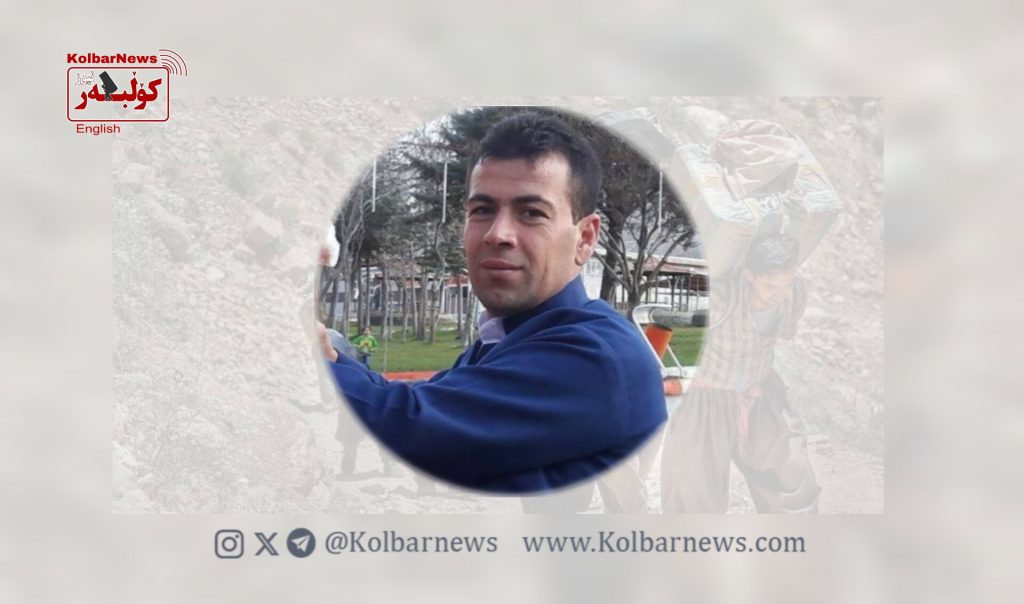
According to the state-affiliated news agency ISNA, Ali Fadavi, Deputy Commander of the Islamic Revolutionary Guard Corps (IRGC), gave a speech at Sharif University of Technology on Sunday, November 3, commemorating the anniversary of the U.S. Embassy takeover by “Line of the Imam” students. As usual, his statements distorted clear historical facts. He claimed that the embassy takeover was a victory, and that the U.S., unable to respond directly, had allegedly initiated attacks against the Islamic Republic via armed groups in Kurdistan, an assault Fadavi claimed began on February 13, 1980. However, the real events in Kurdistan after the fall of the Shah’s regime are so well-documented and transparent that Fadavi’s fabrications hold no ground.
History shows us that it was not Kurdistan attacking the newly established regime; rather, it was the opposite. The Islamic Republic, supported by local proxies and remnants of the Shah’s forces in Sanandaj and Mahabad military bases, unleashed massacres against a populace who were pursuing the freedom, security, and better life promised by the 1979 Revolution. In the transformative post-revolution climate, the people of Kurdistan began organizing local councils to manage their own affairs and realize their aspirations, only to be met with the new regime’s brutal assault. This assault drove the Kurdish people to take up arms in defense of their achievements, dignity, and very existence. Who could forget the bloody Norouz in Sanandaj or the mass executions by Judge Khalkhali, whom Khomeini personally appointed, as he decimated lives simply because they had disarmed Shah’s oppressive forces and organized grassroots democratic structures?
It was the Islamic Republic, immediately after the Shah’s fall, that mobilized groups like the “School of Quran” and established tribal councils, arming them to combat a population freed from the Shah’s oppression. Contrary to Fadavi’s claims, it was the United States that, following the secret agreements of the Guadeloupe Conference, rapidly handed the anti-popular military, SAVAK, police, and bureaucratic apparatus over to the Islamic Republic to suppress revolutionary and opposition forces. Before attacking Kurdistan, the new regime, under Khomeini’s fatwas, had already initiated violent repression against women, students, and people in Khuzestan, Turkmen Sahra, and workers in Isfahan and Bandar Anzali.
Khomeini’s infamous jihad against the Kurdish people, broadcast from Tehran Radio on August 19, 1979, falsely claimed that communists in Kurdistan had taken Muslim women captive, brought them to the mosque, and set farmers’ fields on fire—blatant fabrications intended to incite his supporters. It was in response to such incitement that the Kurdish people took up arms, and within three months forced the regime’s attacking forces into a ceasefire. Following this, they formed a Kurdish delegation, pursuing not war but negotiations. During these talks, the Kurdish representatives called for basic democratic rights—rights that, according to Komala’s perspective in the Kurdish delegation, should have been immediate outcomes following the fall of the Shah. But the Islamic Republic used the negotiations not for genuine resolution, but to regroup its forces, sow discord among Kurdish factions, and launch a second assault on Kurdistan from multiple fronts.
This brief summary illustrates how an ill-informed, authoritarian IRGC officer like Fadavi distorts history to justify the Islamic Republic’s crimes in Kurdistan. Revolutionary Kurdistan, throughout its 45-year resistance, has never aligned with the policies or interests of the U.S. in Iran or Kurdistan. Today, revolutionary Kurdistan is the origin point of the “Jina” liberation movement—a movement poised, alongside people across Iran, to achieve the unfulfilled and trampled-upon goals of the 1979 Revolution by bringing down the Islamic Republic through revolutionary means.

